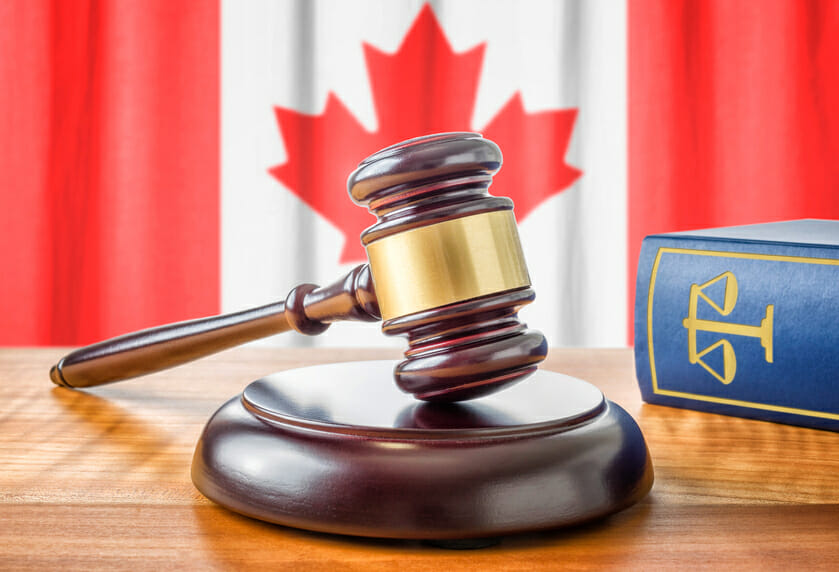
The Canadian justice system is unique in the world for the coexistence of not only two official languages, but also two legal traditions—common law and civil law. The responsibilities of public and private law are separated by Parliament and the provinces, respectively, except in Quebec. In Saskatchewan, the provincial court hears matters relating to criminal law, youth law, civil law, family law, traffic law and municipal bylaws.
If you’re interested in the legal system, it’s a great time to pursue legal assistant training as there is a high demand for these qualified professionals to assist licensed lawyers in delivering legal services. Success in this career path requires strong oral and written communication skills, research skills, and attention to detail. A solid understanding of the legal system and ethical considerations within it are essential.
Here are four key elements of the Provincial Court of Saskatchewan that legal college adult learners should be aware of.
Jurisdiction of the Provincial Court of Saskatchewan
The primary sources of law in Canada are acts passed by Parliament and by provincial legislatures. Lower courts must follow the decisions of higher courts in their province—only the Supreme Court of Canada has the power to bind all of the country’s courts with a single ruling. It can also review lower-court rulings on any legal issue but limits its involvement to matters of national importance.
Each province and territory has two superior courts to handle trials and appeals, respectively. The superior trial court in Saskatchewan is called the Court of Queen’s Bench and handles all jury trials, serious criminal trials, civil matters involving over $30,000, family law matters, Charter and constitutional challenges, and applications related to estates.
Understanding Court Structure for a Legal Career
Saskatchewan follows a hierarchical court structure similar to most other Canadian provinces. There are three levels:
- Provincial Court
- Court of Queen’s Bench
- Court of Appeals
The provincial court takes care of the vast majority of criminal cases in the Saskatchewan legal system, except for murder and piracy, and is the court of first appearance for most matters. It also covers traffic safety and municipal bylaws, civil small claims, and some family matters outside the large cities.
People of the Provincial Courtroom
As you embark upon your legal career, the people you’ll see in the courtroom will depend on the particular proceedings taking place. The judge always presides over the courtroom to ensure fairness and efficiency. A clerk sits before the judge, opening and closing court, marking exhibits (physical evidence presented), takes oaths and ensures everything said is recorded.
There may also be security personnel, jurors (depending on the case), witnesses, interpreters, social workers, media and members of the public. Since courtrooms are almost always open to the public, adult learners taking a legal course can attend hearings to better understand how the process works.
How Adult Learners Enrolled in Legal College can Access Court Records
The justice system understands that public understanding, respect, and confidence increase through public and media access to court records. Guidelines exist online to communicate typical responses for the most commonly encountered requests and specific situations.
Although individual judges and courts have the final word on how they implement this open access principle, the guidelines provide a great starting point for legal assistant adult learners who will often be responsible for assisting lawyers in conducting research throughout their careers.
Are you looking for a legal college to start your legal assistant career?
Contact Academy of Learning College for more information about our program.



